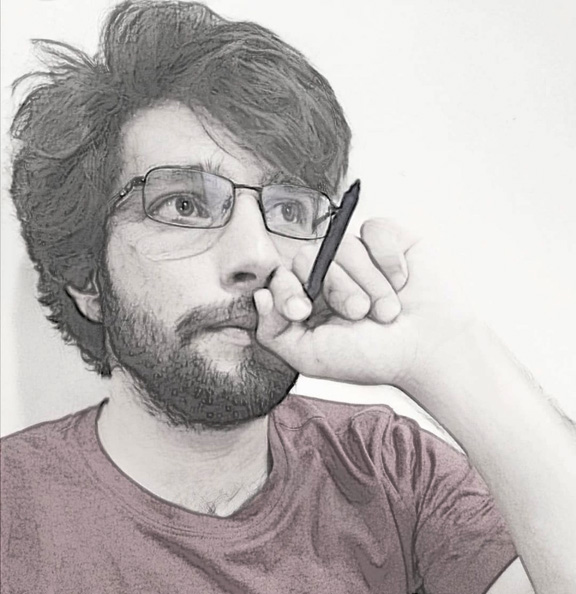Danish Iftikhar Khan;
Well, I am a contractor of a non-profit organization and have been working on several projects of schools in different areas of KPK. Form the top of the hills to the plains, the education in KPK is not meeting the basic quality standards. In this modern age of science and technology, it is very unfortunate to say that the pupils in the Govt. Schools in KPK are unable to set their feet to run in the battle of competition.
There are many reasons for this pierced education system and the very important of all is the recruited old age and less competent teachers that are only here to complete their sixty years of service and there is no space for the modern and educated graduates to invade in the system, hence the result is obvious that students are still holding black “takhti” in their hands with the very poor hygienic condition and don’t have any idea of digital technology. The second thing is poverty; this is not only the issue of KPK but of the whole country because of the daily hike of inflation rate but how badly is this playing with the future of the school-going generation is something undefinable. I am very confident to share my experience that 50 percent of students do even not come to schools in the harvesting seasons. Their parents and the community still don’t know the importance of education and they are not willing to pay for education.
The third thing is the conservative mindset of the tribes in KP; a little girl of ten years is strictly prohibited to have a conservation with strangers. She has to wear a head-to-foot Abaya to avoid the gaze. In this situation, the burning question is simple that how can they allow their girls to go to the university to impart higher education. The traditions are very simple that give only the education up to the middle and then depart her in the bridal dress from your home at the age of 16 years. This system is a jack in the way of progress in the field of education. The other thing is the lack of basic facilities in the schools. Go and visit the primary schools in KPK you surely will see that they don’t have desks to sit in. They don’t have washrooms.
They don’t have safe drinking water. They don’t have electricity to run the fans. The kernel of the story is simply that the students in the KP lack some very important and basic facilities which are also their basic rights. In this scenario what to gain, what to deliver and the future of education in tribal areas is a big question mark for the government of Pakistan.

